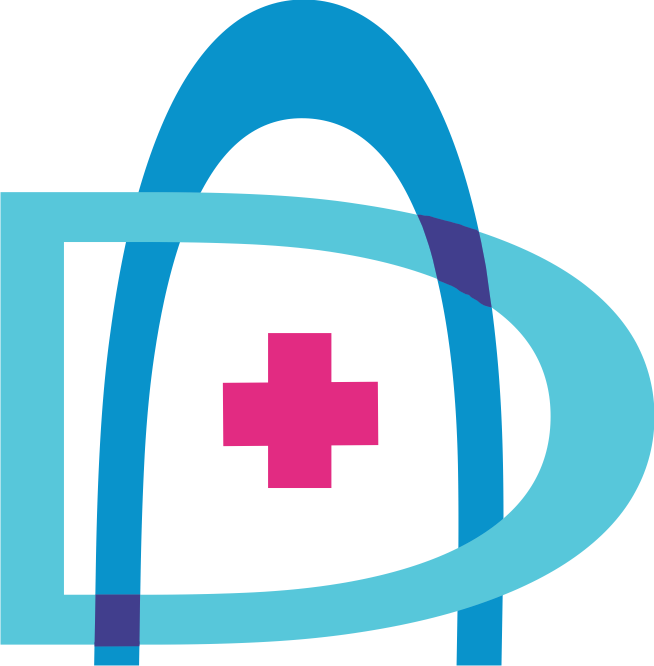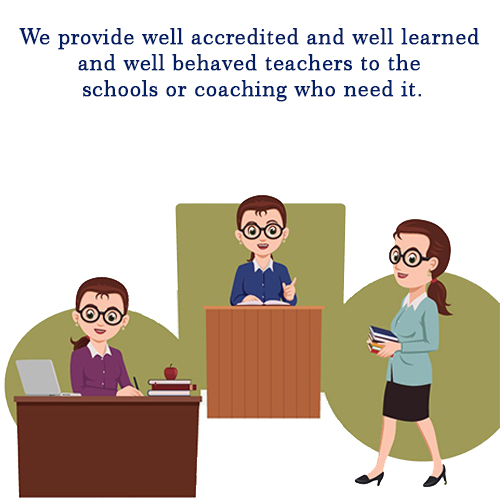ADHD
Attention-deficit hyperactivity disorder (ADHD) is one of the most commonly diagnosed disorders in children, which can also affect adults. Interestingly, and frequently, adults who have ADHD are diagnosed when they find out their children have ADHD. Thus, the problem is found to be running in families.
ADHD is more common in boys than in girls. People with ADHD have trouble paying attention at school, at home or at work. Even when they try to concentrate, they find it hard to pay attention. Children suffering from it may be a lot more active and/or impulsive than normal. For this reason, such children are sometimes seen as "difficult" or having behavioural problems. Their parents, teachers and caretakers have a hard time getting them to organise things, listen to instructions, remember details and control their behaviour. As a result, they often cannot get along with other people at home, school or work.
Common symptoms of ADHD include making careless mistakes, failing to complete tasks, difficulty in keeping track of things, becoming easily distracted, etc. Difficulty with hyperactivity can include excessive fidgetiness and squirminess, running around, excessive talking and being constantly on the go. Impulsivity can show up as impatience, difficulty awaiting one's turn, blurting out answers and frequent interrupting. Children with ADHD may also suffer from low self-esteem, troubled relationships and poor performance in school. Symptoms sometimes lessen with age. However, some people never completely overcome their ADHD symptoms.
A treatment involving homeopathic medicines and behavioural interventions can help to a great extent with the symptoms. Early diagnosis and treatment can make a big difference in the outcome.


